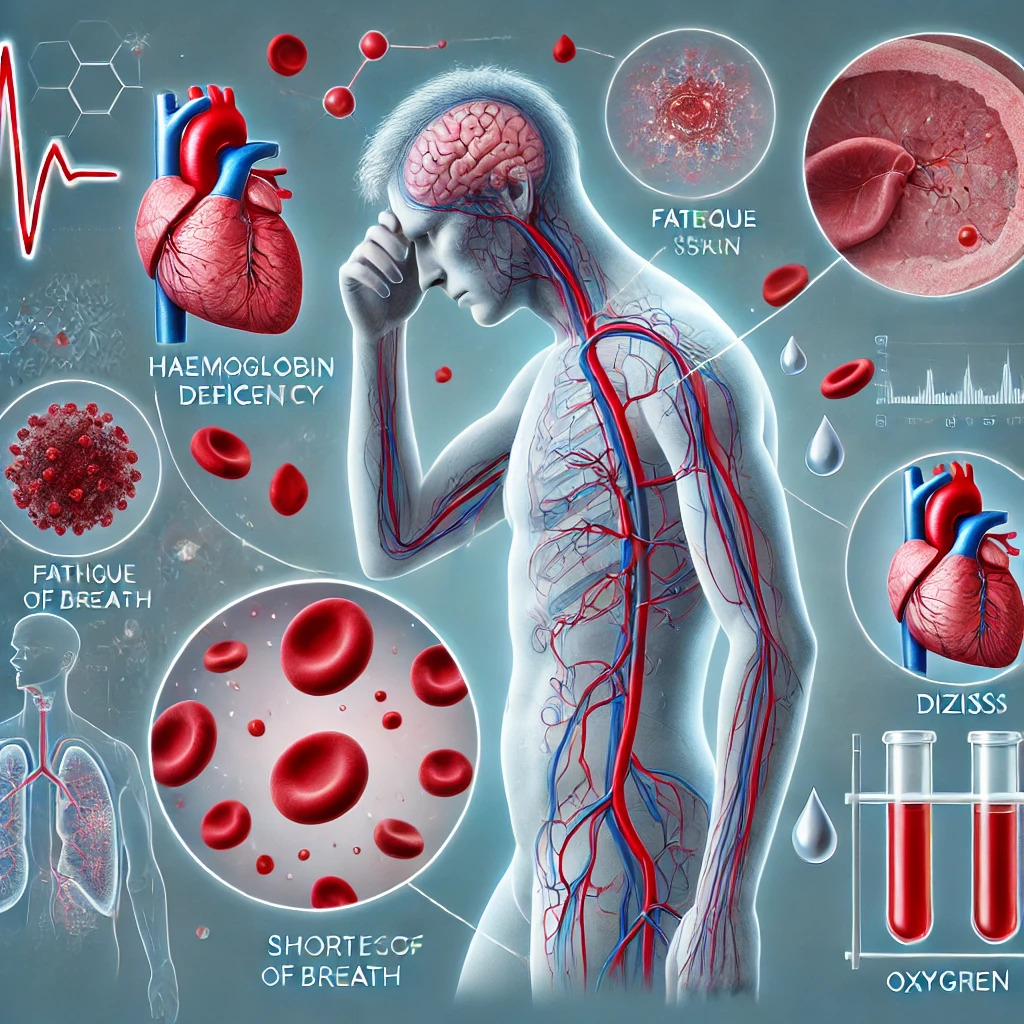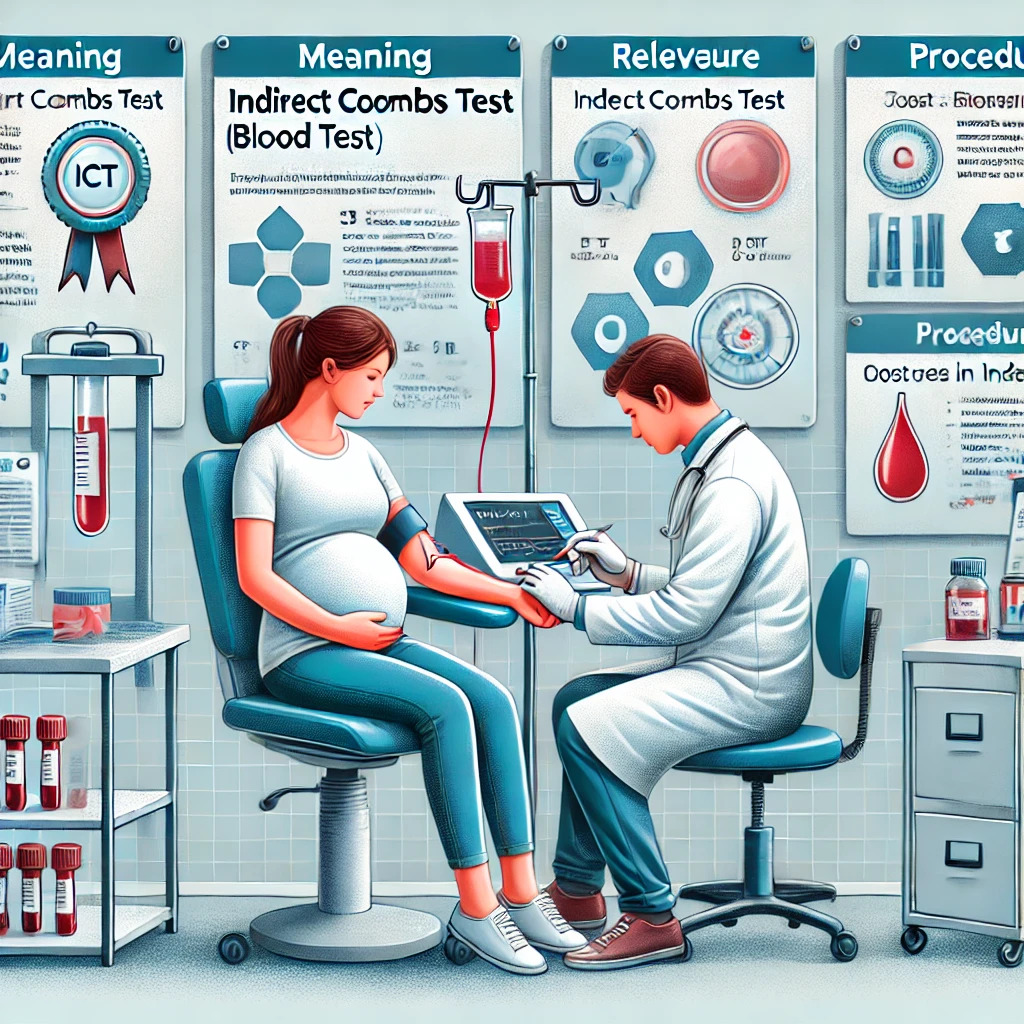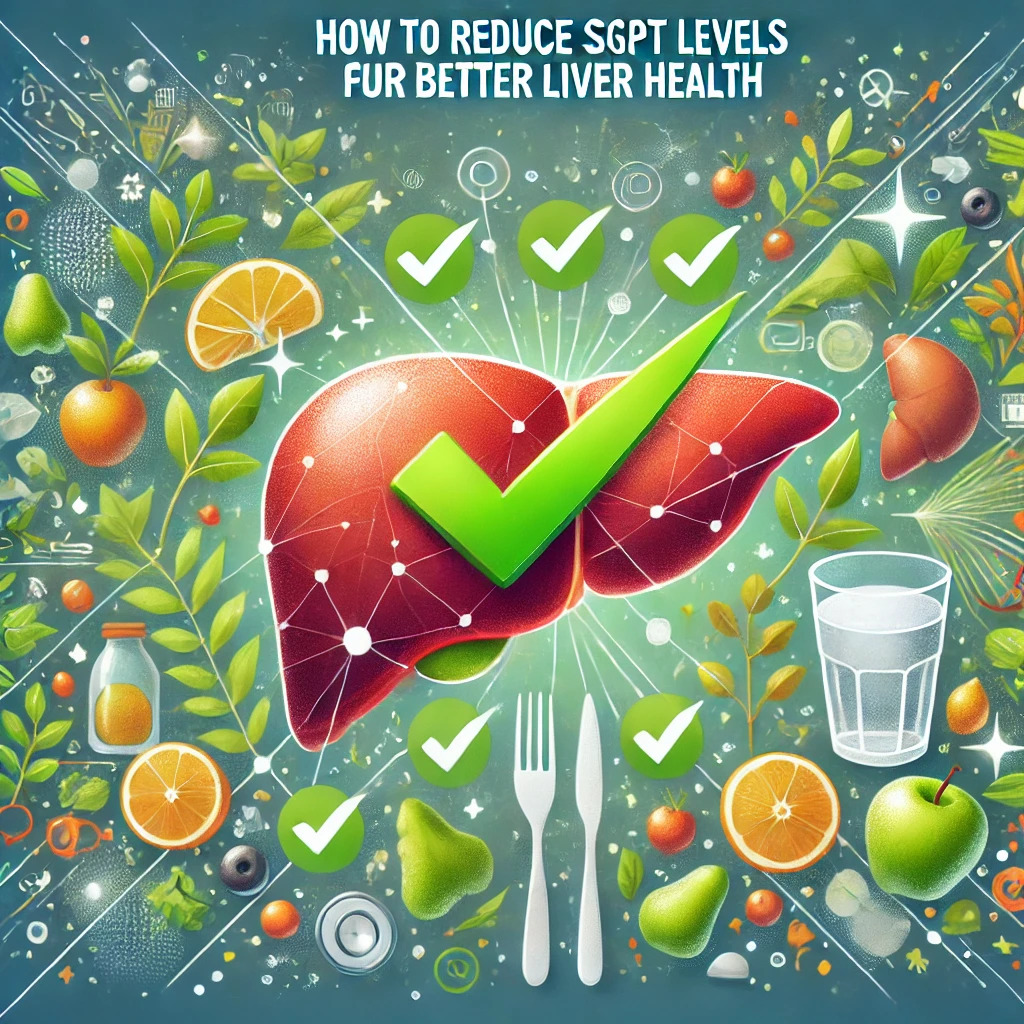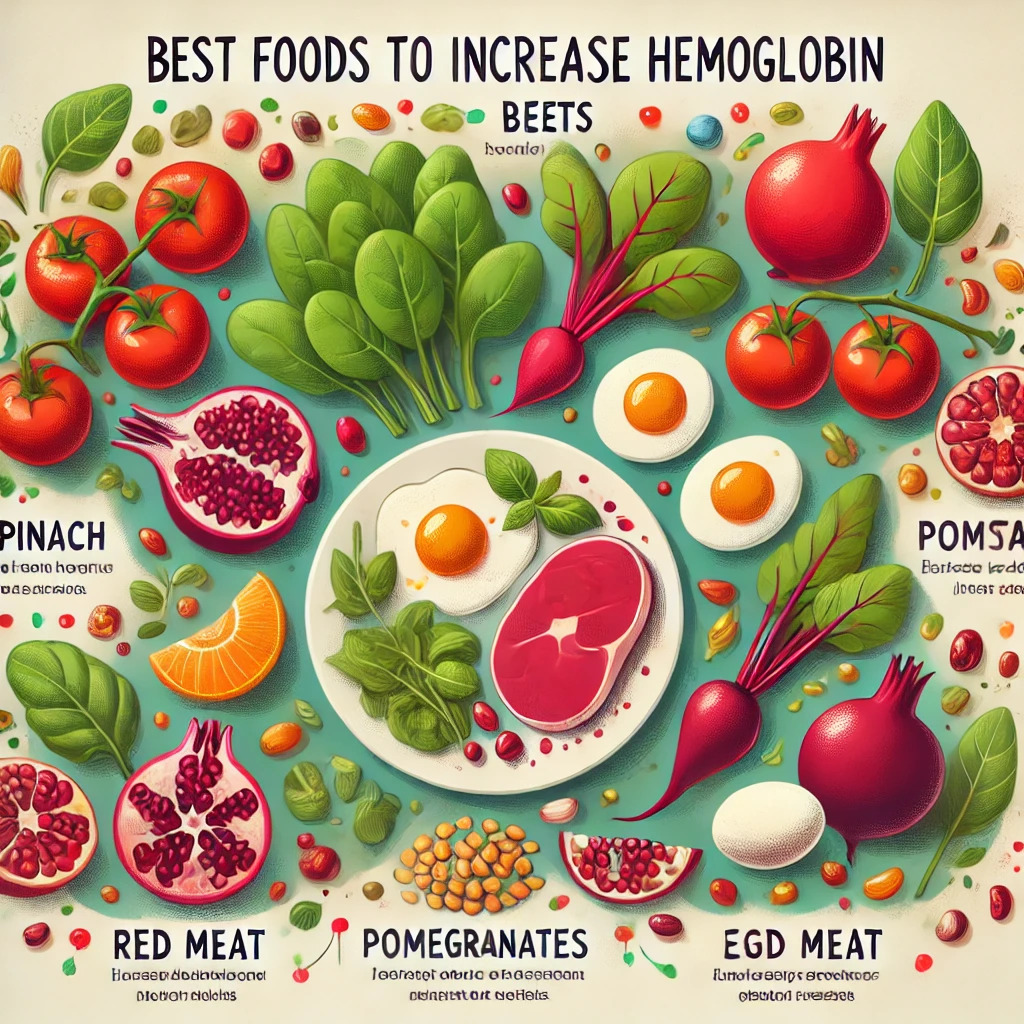21-Day Fatty Liver Diet Plan: balanced diet for liver health
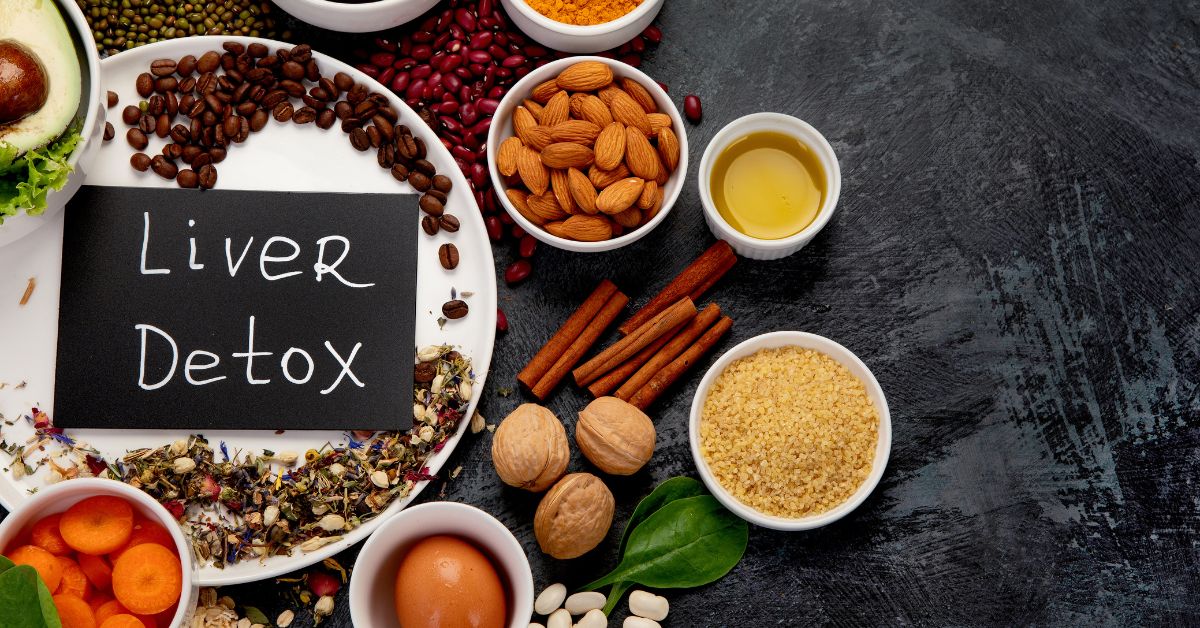
Fatty liver disease, a condition in which excess fat builds upon the liver, has become increasingly common around the world. Many cases are now seen in India, which can be attributed to many causes. Some of these causes for such a rise in numbers include excess alcohol intake, obesity, and poor dietary choices. But the good news is that liver health can be improved with lifestyle and nutritional modifications.
This 21-day fatty liver diet plan is designed specifically for the Indian audience, where the focus is on nutrient-rich foods that support liver health. At the same time, this plan recommends quickly preparing food with locally available ingredients. This blog will provide information about fatty liver disease, what foods should be included, which foods should be avoided, and how you can plan your everyday diet.
What is a 21-day fatty liver diet plan, and is it enough to reverse your fatty liver?
A 21-day diet plan for fatty liver is a good starting point for regaining liver health. It is important to note that it is not enough to reverse the fatty liver on its own fully. The duration required to reverse fatty liver depends on many factors, including the condition's severity, underlying causes (modifiable and non-modifiable), and individual adherence to lifestyle changes. In more severe cases, complete reversal may not be possible.
This diet plan can be a weight loss 21-day fatty liver diet plan or one where weight loss is unnecessary. Not everyone with a fatty liver is obese, as some people may have more visceral fat (fat around organs) but have an average weight.
Here is what a diet plan for fatty liver can help you achieve:
- Kickstart liver health—It can be a start where you initiate positive changes in your diet, which helps reduce fat accumulation in the liver. This will improve liver function.
- Establish healthy habits—a 21-day period is sufficient to start forming sustainable habits that can support long-term liver and overall health.
- See initial improvements—some people will start noticing improvements in their energy levels, overall well-being, and even liver enzyme levels in this time frame when a balanced diet is paired with other lifestyle changes like exercise, reducing or stopping alcohol intake, and others.
Also Read: - best homeopathic medicine for fatty liver
To see reversal/significant changes in a fatty liver condition, you need:
- Longer commitment—reversing this condition or seeing permanent changes requires several months of dietary and lifestyle modifications. You must commit to these because this condition can be easily managed or reversed in most cases.
- Ongoing monitoring—regular follow-ups with a doctor and a dietitian are essential to monitor progress as liver function tests and imaging studies may be needed. Some supplements and medications may be required as well.
- Comprehensive approach—besides dietary changes, other interventions like regular exercise, avoiding alcohol, avoiding environmental toxins, and managing stress- are critical components for reversing fatty liver.
A 21-day fatty liver diet plan is an excellent way to jumpstart liver health. The diet plan will be different for everyone, as some may need a 21-day fatty liver vegetarian diet plan, and some may need non-vegetarian options. Some people may need weight loss while others may not. People can have different calorie requirements, health challenges requiring additional dietary modifications, etc. This is why a personalized diet chart is essential, for which you must get a consultation from a dietitian or a nutritionist.
Fatty liver: understanding the condition
When we talk about fatty liver, we are referring to non-alcoholic fatty liver disease or NAFLD. The other type of fatty liver disease is alcoholic fatty liver disease, or AFLD, where the apparent reason is excessive alcohol intake over a long period.
NAFLD is a rising global concern, and a rise is seen in the number of cases in India where there is excess fat deposition in the liver. This condition occurs when fat constitutes more than 5-10% of the liver's weight. It can be of two types based on progression:
- Non-alcoholic fatty liver: in this stage, the fat is collected in the liver, causing liver enlargement. But there is no inflammation. One may still have symptoms like pain and digestive issues.
- Nonalcoholic steatohepatitis is also called NASH; in this condition, there is fat accumulation as well as inflammation in the liver. If this is not treated, then it can progress to cirrhosis and liver failure.
The liver is a vital organ that performs various functions like removing toxins, metabolism of many drugs, bile production (for breakdown of fat), and many more. When there is fat accumulation in the liver, its function may be impacted. However, lifestyle changes can stop it from progressing and even reverse the damage in many cases.
The mainstay of treatment for NAFLD, especially in those who are overweight, is losing weight through dietary modifications and lifestyle changes. If you are not overweight, you must exercise and change your diet to improve your condition.
The need for a 21-day fatty liver diet plan for weight loss:
A structured diet plan, beginning with the first step, which can be a 21-day plan or more, can help people with fatty livers because it
- Reduces liver fat
- Promotes weight loss
- Provides nutrients
- Improves insulin sensitivity
- Detoxifies the liver
Also Read: - uric acid normal range in female
Principles of the 21-day fatty liver diet
This diet plan is based on certain principles that help one eat a nourishing, balanced diet that can reverse the disease or stop its progression:
High fiber: including whole grains, fruits, and vegetables will aid digestion and reduce fat absorption.
Low in saturated fats but should have healthy fats: Fried and fatty foods should be avoided or at least restricted for a well-balanced fatty liver diet. Healthy fats need to be incorporated, and these are present in nuts, seeds, and fish.
Rich in antioxidants: foods with a high antioxidant content help to combat oxidative stress and inflammation.
Moderate carbohydrates: complex carbohydrates with a low glycemic index must be included, while simple carbohydrates that can raise blood sugar levels must be avoided. Starchy vegetables like potatoes are considered a source of carbohydrates and should not be counted in the portion of vegetables.
Adequate protein aids in metabolism, repair, and maintaining muscle mass. Lean protein sources need to be selected.
Adequate hydration: the liver is responsible for detoxifying the body, and hydration helps the liver, amongst other organs, to flush out waste. Water is also needed to aid digestion, improve blood flow, and reduce inflammation by maintaining fluid and electrolyte balance. The general recommendation is 2-2.5 liters of water, but this can change for people suffering from certain diseases, for people engaged in intense physical activity, based on climate conditions, etc.
When planning a 21-day fatty liver diet plan, it is essential to consult a dietitian and follow your doctor's advice. This is important because people may have varying calorie requirements; protein intake may be more for some people or less for some people (like in kidney disease), carbohydrates may need to be restricted for some patients (e.g., diabetes), water intake may be different, and so on. Some people do well with a keto 21-day fatty liver diet plan, which is then extended based on results.
21-day fatty liver diet plan vegetarian
This is just an idea of how diet can be modified. Certain foods may not be appropriate for people with some diseases, food intolerance, or allergies. We strongly recommend consulting a dietitian to get a diet plan based on your needs.
The following plan can provide you with an idea to modify your diet and how to progress from week one to week three:
Week 1: introduction and stabilization
This is your first step, and the goal should be to introduce healthy foods and omit unhealthy foods slowly.
Breakfast: oats porridge or daily with a handful of almonds and a spoonful of flaxseeds.
Mid-morning snack: a bowl of papaya or apple berries or citrus fruits
Lunch: brown rice/two multigrain chapatis with dal, steamed or low-fat vegetables (like carrots, spinach, and mustard), and a bowl of low-fat curd.
Evening: a handful of roasted Chana or a glass of buttermilk
Dinner: millet khichdi or rice khichdi with a bowl of mixed vegetable soup
Post dinner: a warm glass of turmeric milk
Week 2: nutrient boost
Breakfast: whole wheat or multigrain toast with avocado spread and low-fat cottage cheese (paneer). In a 21-day fatty liver diet plan for non-vegetarians, one may replace pork with steamed chicken or eggs.
Mid-morning snack: green smoothie (may not be suitable for some patients)
Lunch: sprouts with mixed salad, chapati, vegetable curry (include multicolored vegetables)
Evening snack: fruit salad
Dinner: moong dal chilla with sautéed vegetables and coconut chutney.
Post dinner: herbal tea
Week 3: sustenance and maintenance
Here, the goal is to sustain lifelong habits, not only for managing fatty liver but also for complete well-being, healthy aging, and any other existing health condition. The diet will change based on your experience and gains from the initial two weeks.
Essential foods to include in a 21-day diet plan for fatty liver
- Leafy greens: spinach, kale, Fenugreek leaves, chaulai, and mustard leaves are excellent sources of fiber and antioxidants.
- Fruits: apples, berries, papaya, and citrus fruits are high in nutrients that support liver health.
- Whole grains: brown rice, quinoa, oats, and millets are rich in fiber and essential nutrients.
- Healthy fats: olive oil, nuts, seeds, and fatty fish like salmon are good sources of Omega-3 fatty acids. These can also be taken in the form of supplements.
- Lean proteins: chicken, fish, tofu, legumes, and other sources can help maintain muscle mass and promote satiety.
- Black coffee has been increasingly recognized to have liver protective effects. It can reduce liver fat and reduce inflammation. Moderation is the key, though, and it does not count as a fluid for hydration.
For each of these foods and food groups, always ask your doctor if these are suitable for your health conditions.
Foods to avoid with fatty liver disease
- Refined carbohydrates like pastries, refined sugar, and foods high in refined sugar.
- Fried foods
- Sugary beverages and fruit juices
- Processed meats
- Excessive salt
What tests are done for fatty liver disease?
Fatty liver disease can be diagnosed from a combination of physical examination, your symptoms, blood tests, imaging studies, and sometimes a biopsy.
These are some of the tests that your doctor may order:
- Blood tests: liver function tests (LFTs), fasting blood sugar, lipid profile, serum ferritin, etc.
- Imaging tests include ultrasound, Fibroscan, CT scan, and MRI.
- Liver biopsy: percutaneous liver biopsy.
Conclusion
A 21-day diet plan for fatty liver is a great way to kickstart your journey to manage and potentially reverse fatty liver disease. By following a structured diet plan, exercising for 30 minutes daily at a moderate intensity, staying hydrated, avoiding alcohol and all forms of tobacco, monitoring your weight, avoiding self-medication, and sleeping well, you can support your liver’s healing process.
Get your tests done from O-Lab in Jammu to help your doctor reach an accurate diagnosis and plan treatment strategies. Our accurate reporting, quick turnaround time, and economical packages can help with early detection and the right interventions.


